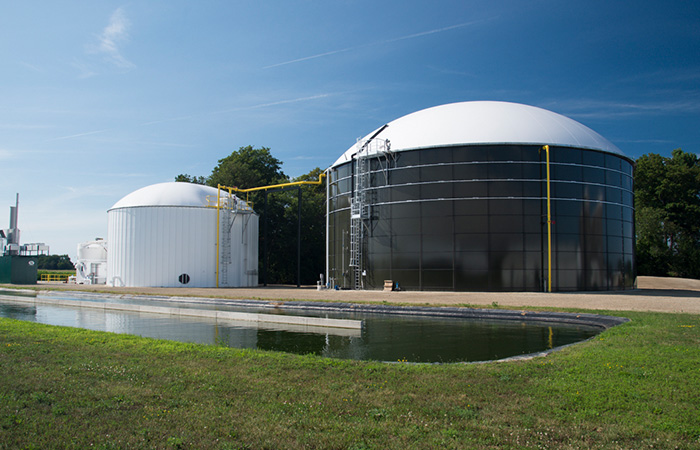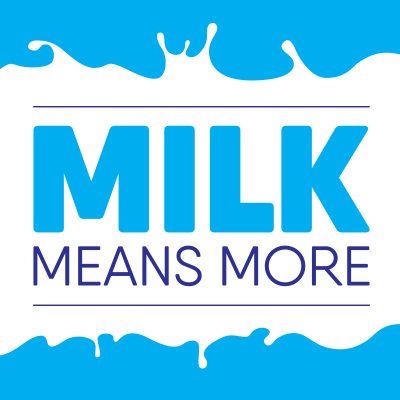What is a Biodigester?

You might know about the nine essential nutrients milk provides, you might not think about another nutrient-rich component coming from dairy farms: cow manure!
Dairy farmers have long understood the value of cow manure (They call it liquid gold!) and put it to work.
The dairy farmers who grow crops spread it on the fields before planting, allowing the nutrients in the manure to fertilize the soil. This reduces the need for chemical fertilizer and helps grow healthy crops to feed the cows.
Some dairy farmers are using excess manure to create energy. Thanks to the help of a biodigester, also called a methane digester, manure can go from being a product of cow digestion to producing biogas, a type of fuel.
A digester is a closed tank where microorganisms break down organic materials, such as manure and food scraps, in an anaerobic environment, meaning, “no oxygen.” This allows the microorganisms to grow steadily in warm temperatures and digest the manure. The results create not only biogas, but also fertilizer and a non-organic dry mass that can be used for cow bedding.
Biogas is captured, cleaned and used for electricity, heat, compressed natural gas and vehicle fuel. Creating biogas is one of many ways that dairy farmers reduce their carbon footprint.
Biodigesters are working their way to Michigan. In Ottawa County, three dairy farmers are working with a San Francisco-based energy company to build a biodigester to creates natural gas.
Dairy farmers are committed to taking care of their cows and create a sustainable future. Whether it’s crop fertilizer or the creation of natural gas, they are finding ways to use cow manure in a responsible way to protect our air, land and water.


